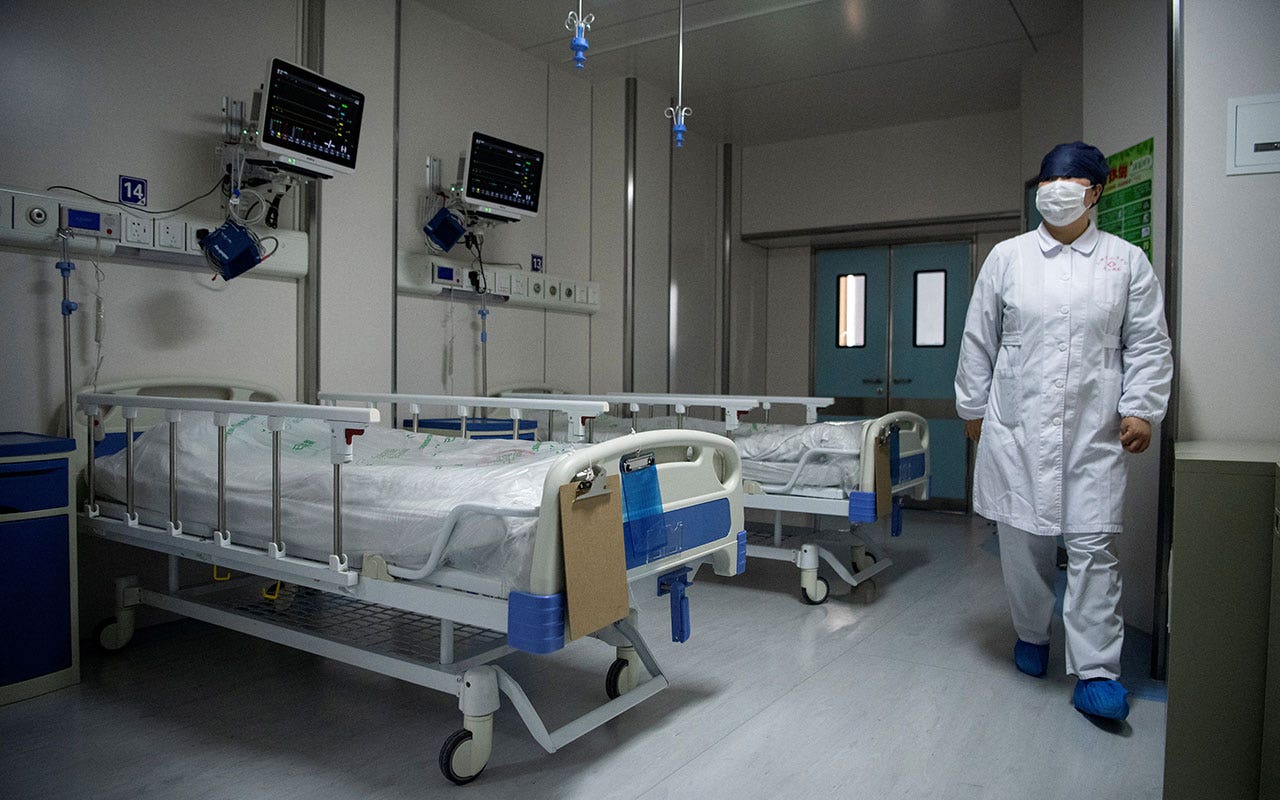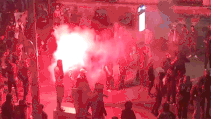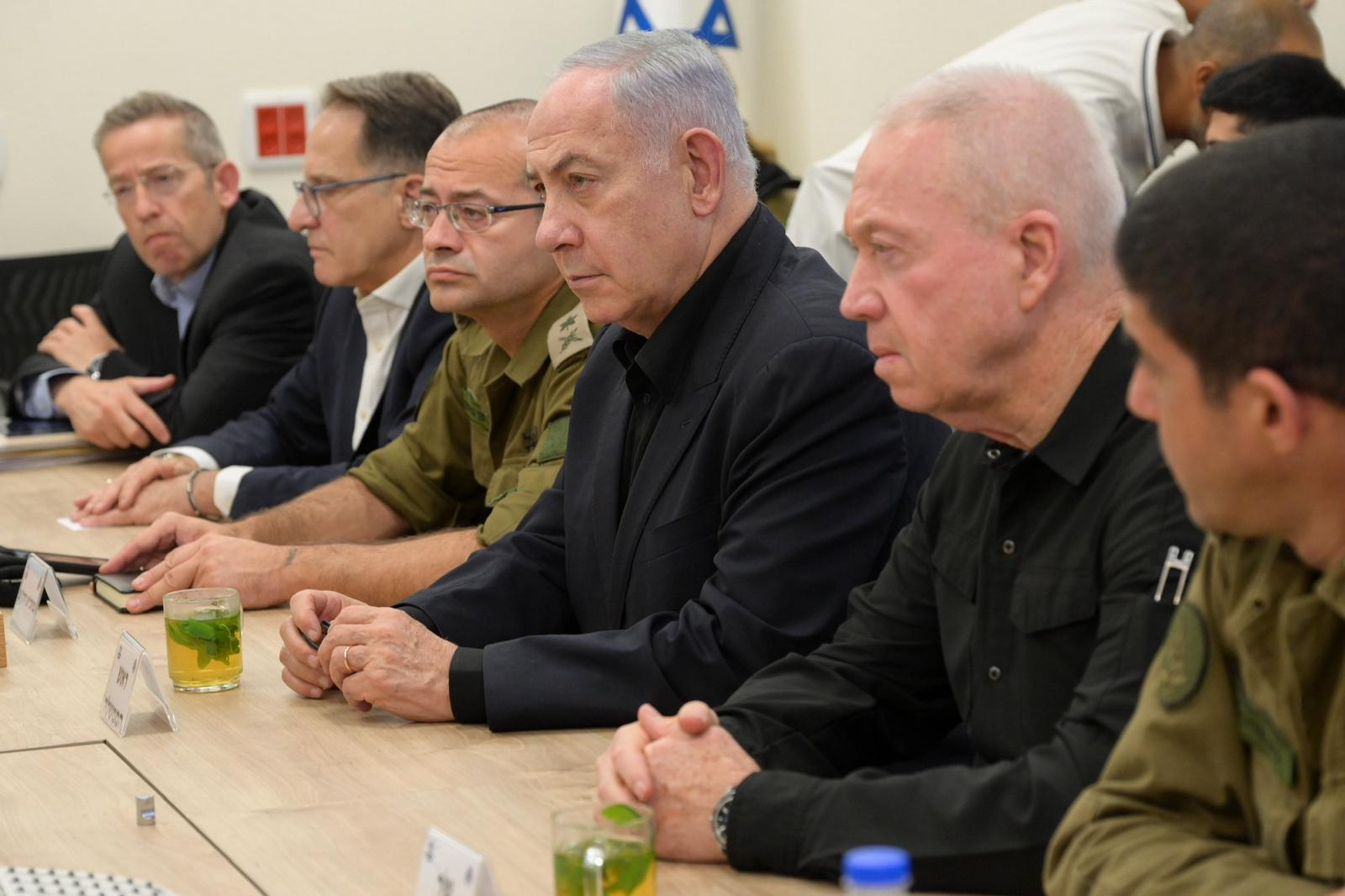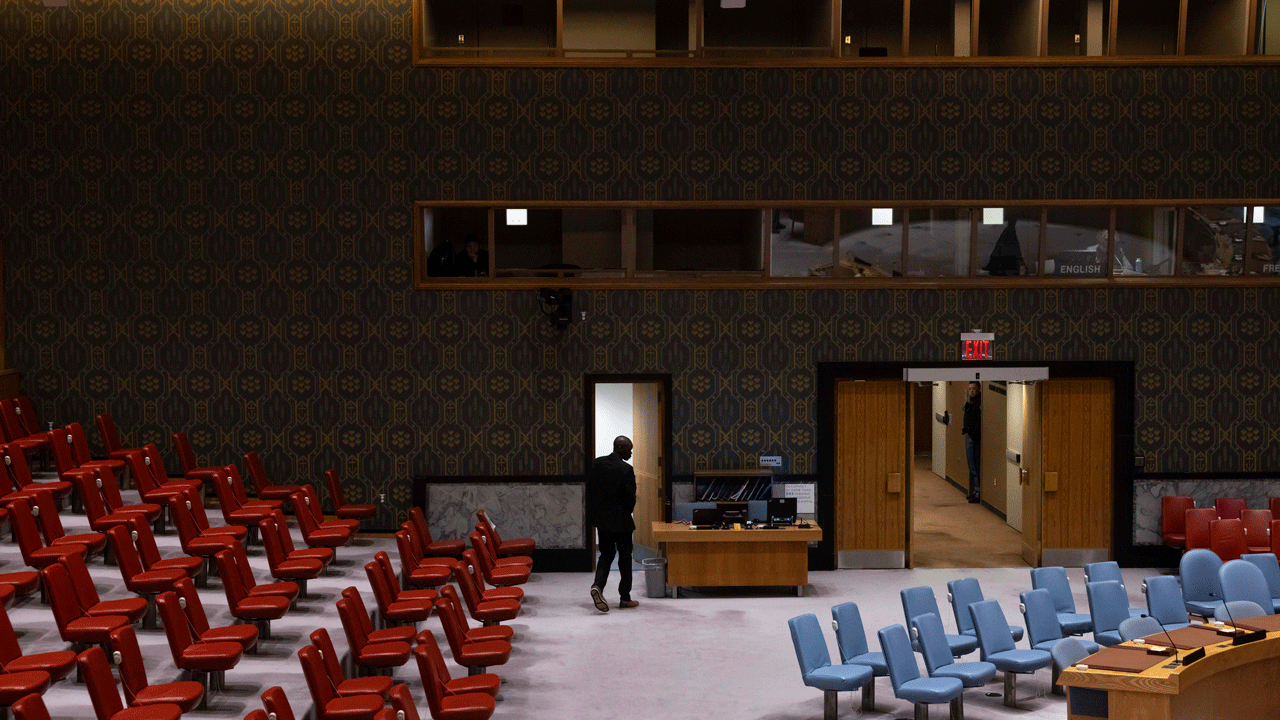Streets and squares are being changed from Ukrainian names to those from the Soviet era. Only Russian passport holders will have access to health care and social services. Teachers have been forced to switch to Russian curriculums.
The Ukrainian port city of Mariupol has been a symbol of Russia’s brutal invasion and occupation of vast areas of Ukrainian territory. But as the war drags on and Moscow tries to turn the city into a model of Russification, Mariupol’s fate risks slipping away from the world’s consciousness.
So it was with satisfaction and hope that Ukraine on Monday celebrated winning its first-ever Oscar for the documentary “20 Days in Mariupol,” which recounts the ferocity of the Russian siege of the city in spring 2022.
The Oscar for the film, Ukrainians said, may help refocus attention on the martyred city and the war in general, at a time when aid from allies is uncertain and Russian troops are retaking some ground.
“‘20 Days in Mariupol’ is a film that shows the truth about Russian terrorism,” President Volodymyr Zelensky said in a statement on Telegram on Monday. It “allows us to speak out loudly about Russia’s war against Ukraine,” he said.
Mr. Zelensky and other officials said the documentary, filmed by Associated Press journalists, had helped debunk Moscow’s claims that its troops have committed no crimes. It shows medics desperately trying to save children hit by Russian shells, residents boiling snow for water and digging ditches to bury corpses.
These images are in stark contrast to the ones that the Kremlin’s propaganda machine has sought to project, claiming that the siege of Mariupol spared civilians and that the occupied city is now thriving under Russian rule.
Mariupol, a city of half a million people before the war, was severely damaged in the fighting. A recent study by Human Rights Watch and several organizations found that 93 percent of high-rise buildings in a central zone of five square miles have been damaged or destroyed.
After occupying the city, the Russian authorities started to rebuild it, bulldozing some damaged homes and replacing them with new ones. These efforts have been celebrated by the Russian news media as proof that the city is flourishing thanks to investment from Moscow.
But Western news reports have shown that the reconstruction has been essentially cosmetic, leaving residents in a Potemkin village of shoddily built housing.
“It’s shocking to understand how such a beautiful Ukrainian city turned into something inhabited by Russian people in cardboard houses, without utilities, and with great suffering for Ukrainian people,” Julia Kastan, 29, a resident of Kyiv, the Ukrainian capital, said on Monday.
The Human Rights Watch report also highlighted the heavy toll of Russia’s assault on Mariupol, which lasted from February to May 2022, when the last Ukrainian defenders in the sprawling Azovstal steel plant surrendered. It documented 8,000 deaths from fighting or war-related causes, although the actual number is likely to be much higher.
The report said that Russian air and artillery strikes hit civilian sites, including hospitals, residential buildings and food storage and distribution centers.
After the images were released in the early days of the war, Russia began an intense propaganda campaign, saying they were faked or that the hospital was sheltering Ukrainian troops.
But the images caused global outrage and came to embody the brutality of Russia’s invasion.
“The world saw the truth about Russia’s crimes,” Andriy Yermak, the head of the presidential office of Ukraine, said on Telegram on Monday. “Our film broke enemy propaganda.”
Several residents of Kyiv said they hoped the documentary would help bring attention to the current situation in Mariupol, which Russia is remaking in its image.
The Human Rights Watch report said occupying forces had renamed streets and squares with Russian names and forced teachers to agree to switch to teaching a Russian curriculum.
“As in other Russian-occupied territories of Ukraine, those who dare to resist these changes, or who speak out against the war and occupation, risk being arbitrarily detained, imprisoned, or forcibly disappeared,” the report said.
The British department of military intelligence on Monday said in a message on X that the Kremlin was “pursuing a relentless Russification policy” in occupied Ukrainian territory.
In those areas, for instance, access to social services and health care is conditional on holding a Russian passport, and those without one after July 1 will be considered foreign citizens or stateless people and could be subject to deportation, the report said. About 2.8 million people in the territories hold Russian passports, according to the military intelligence department.
“When I hear the word Mariupol, tears come to my eyes instantly,” Iryna Lavrenkova, a resident of Kyiv, said on Monday.
Daria Mitiuk contributed reporting.






